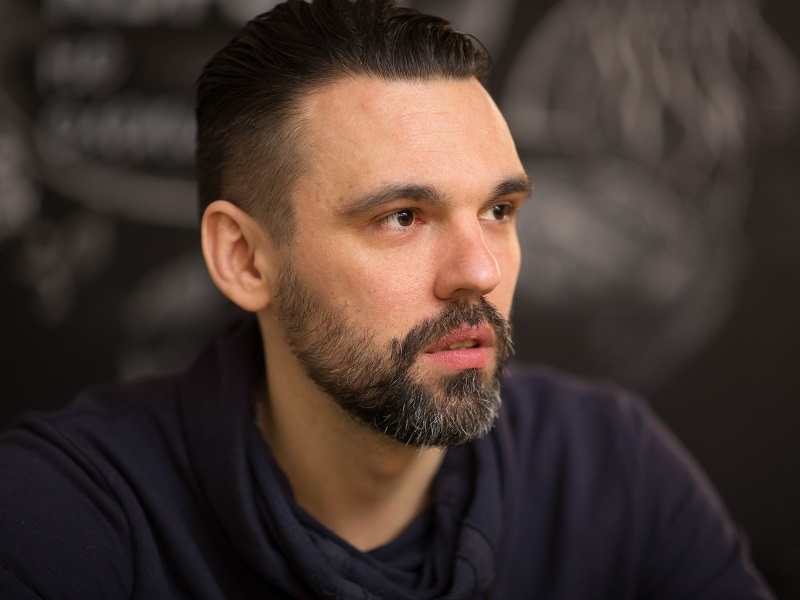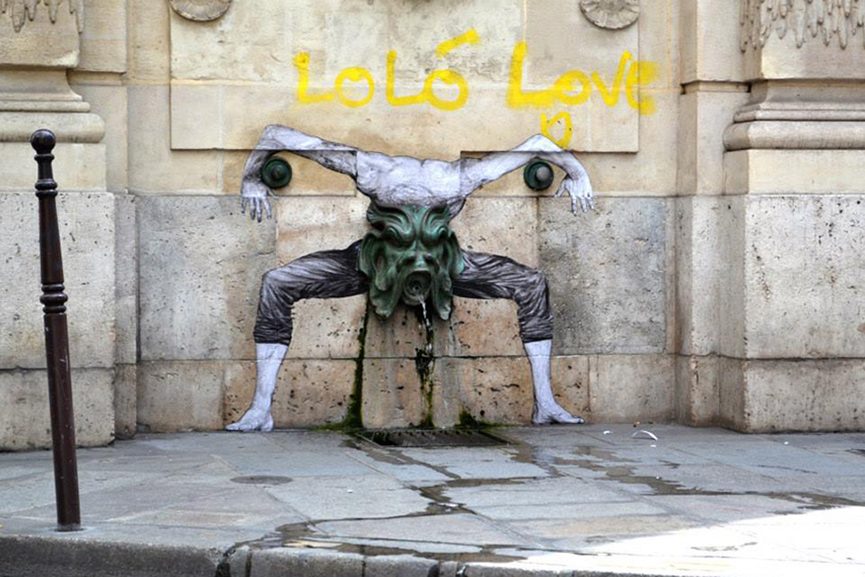
Impossible is possible or How to monetize your creativity
Is a hungry artist a myth?
A good artist is a hungry artist. The applicability of this “wisdom” has been lost in the past, as well as its roots because creativity is greatly valued now and is the key to the economic success of the countries. But does this refer to the individual? Hasn’t this phrase still lost its meaning?
The phenomenon of a hungry artist can be partially associated with the concept of "Art for art's sake". For the first time, this phrase appeared in 1833 in France. It denotes the autonomy of creativity and the independence of art from public life. If we interpret it in the context of monetization, it turns out that we cannot talk about earning money by art, because in this concept art is outside of business discourse.
Nowadays this concept has mostly remained in the past. The statement about a good hungry artist is now considered a stereotype, because only the lazy person does not know how to make money by art in the 21st century. But the research of our brain says something else. There is a possibility that creative people do not earn a lot, because it is their nature. Researchers from the Göttingen Medical Center found that the reward systems in the brain of creative people react little to money, writes the ArtNet.
Scientists conducted an experiment, where representatives of creative and non-creative professions took part. Each volunteer wore a set of goggles that showed squares of different colours. When the green colour appeared, participants could press a button and get 30 euros. They could also choose other colours, but then they did not receive money.
When creative people saw the green colour, the part of their brain, which is responsible for the reaction to the reward, showed low activity. However, when they chose another colour, the part that influences the feeling of satisfaction became more active.
So what to do?
Now you can find a lot of lifehacks, which offer creative people to start an online business, write a book, create an online course and much more. Yes, it really brings money. But only if you understand how it works.
If our level of richness depends so much on our brain, then just writing a book or trying to sell the product does not work. Firstly, you need to dig deep within yourself.
Alex Mather advises to understand that your thinking will enable your success, not talent.
Marketing is not bad
It is believed that the pursuit of money can affect the quality of your creative work and you will turn into a production machine, but not into the creative genius. This can happen. But if you don’t have the money, you won’t be able to do what you love.
Thinking about how your work will spread is part of your creativity.
“You must truly understand the value you offer to the world and push, relentlessly to get your work into the hands of the people that need it, without resting on your laurels,” says Alex Mather.
Money is not the goal
Thinking about the monetization of creativity, we can unwittingly replace the purpose of creativity for the purpose of money. But you do not need to enjoy money to earn it. You should use money as a tool. They will be able to renew your craft, making it viable. Of course, there is a threat to turn creativity exclusively into a business. If you do not know to make it happen, it is necessary to balance. There are no universal ways to find the golden mean, but there is an indicator. You should always ask yourself the same question: “Why am I doing this?”. If you notice that most thoughts are about money, you should give thought to.
What types of business can be in creative industries?
1. Cultural or creative entrepreneurship. The main purpose of this work is the production or reproduction, promotion, distribution and/or commercialization of goods, services and cultural activities.
For example, the Cultural Project is an organization that works with alternative education and offers a lot of online and offline formats — lectures, academic and practical courses, study tours.
2. Social entrepreneurship focused on positive changes in society. Entrepreneurs set up various startups to solve environmental, social and cultural problems. It demonstrates the level of awareness and responsibility towards society.
For example, Urban Space - a public restaurant, the proceeds of which go to the social projects of the city.
3. Art-entrepreneurship is very closely related to two areas:
Curatorship, which is a nonmaterial type of cultural production. The curator works with everything connected with the creation of the image of the exhibition and its values for the viewer. Art management - an activity that allows you to realize the curator’s or artist’s plan and control the processes that should be successfully completed on time. One of the types of art-business is the gallery.
4. Cultural activism is one of the forms of social activity. Here activists present alternative social and political ideas about the world by creative practices (theatre, music, exhibitions, etc.). They solve social problems, lead to social change, and raise levels and awareness.
For example, the Congress of cultural activists - create and support projects that contribute to changes in the country and the world. They organize various educational culture events and are engaged in cultural policy.
If you want to create your project, firstly, you need to understand the difference between the process and the project.
A process is a repetitive task or operation that gives the expected result. An example of a process might be ticket sales, team management, banner printing. The main feature of the process is repeatability.
A project is a set of actions limited in time and aimed at solving a problem or achieving a specific goal.
How to evaluate the idea of the project? These 5 questions can help you:
- Who are your competitors?
- Is your project relevant?
- Did you choose the correct time for the project?
- Who is your target audience?
- How your project differs from competitors?
Possibly, you will not be able to organize the project alone. You should pay attention not only to the competence of a person, his professional experience and skills but also to his character, values and aspirations to form a good team. An effective team should also consist of people who have similar principles and share the same corporate culture.




